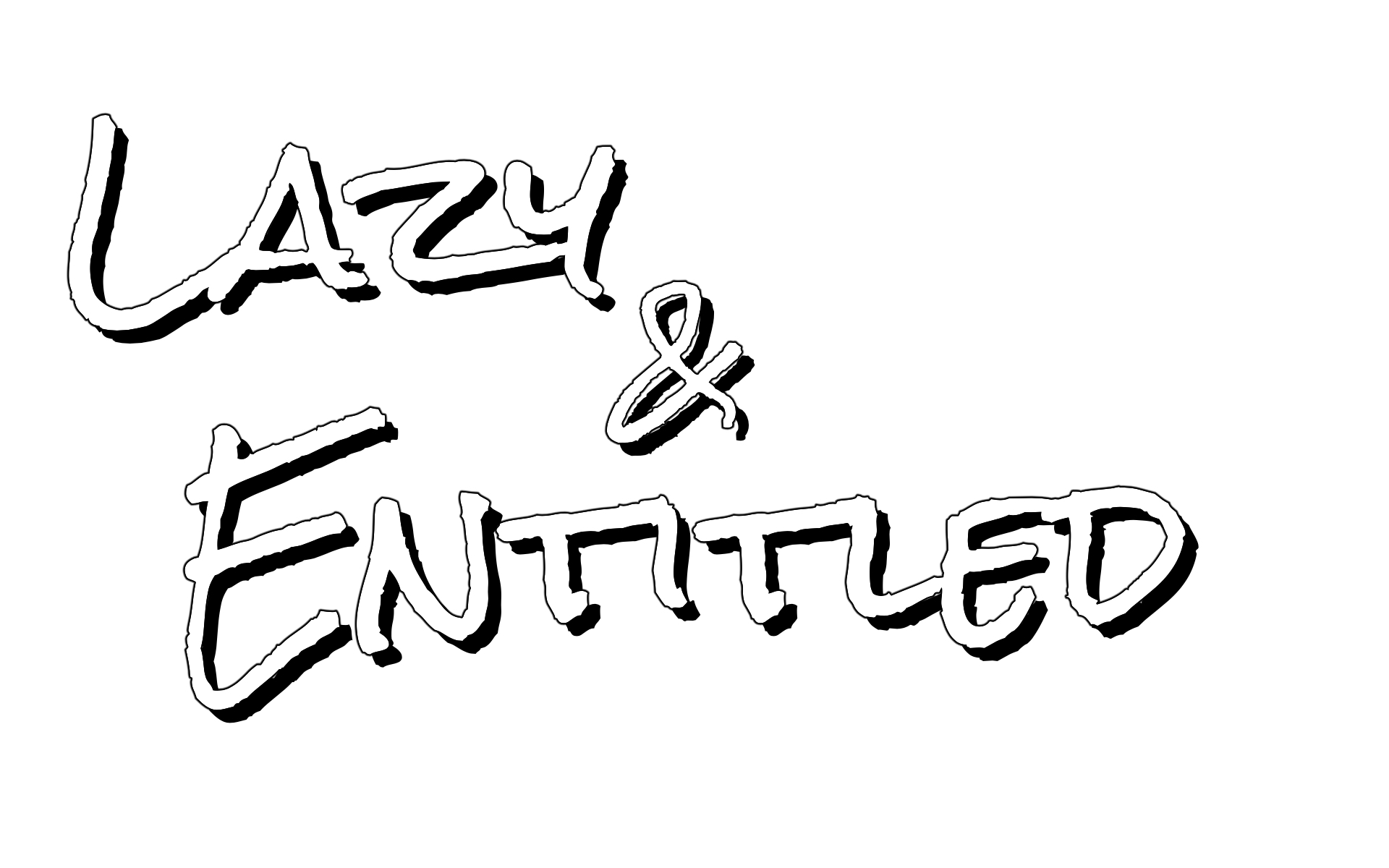“Poetry is where things miss the mark or go against the grain. Like linking ‘library’ with ‘underwear’ instead of ‘books.'” – Lee Seong-bok, ‘Indeterminate Inflorescence’
It’s a good thing to do, close-reading poems. When you read a whole collection, some details get folded into the entire mass. I’m bad at remembering the titles of songs or poems or short stories or any component beyond the cover. A few details. The general vibe. That I can always remember. Subscribe to my blog about reading.
Anyway, it’s good to do these close readings, but I have to confess I’m incredibly nervous writing out my readings. On the podcast, there’s always a Bob to catch me if I stumble or affirm that I’m not an idiot. Here I just hit “schedule for tomorrow at 7:30” and then you get an email. That scares the hell outta me.
The lesson, as always, is do things face-to-face. Go find someone in the street, shout a poem at them, then tell them what you think it means. See their response.

Today we’re reading my friend Diannely Antigua, her poem “DIARY ENTRY #13: BEING SICK IS A ROMANTIC IDEA” from her book GOOD MONSTER.
quick note on formatting: I’m not sure if this newsletter hosting service, which I will be exiting soon, respects stanza breaks. I use the Block Quote function to maintain enjambment. Anyway, this poem has no stanza breaks, but last week’s poem was formatting incorrectly. This makes me feel like my heart is made of hornets, and like I disrespected Dr. Byas, even tho it wasn’t me, it was the Nazi-loving newsletter service I will be exiting soon. Anyway, this poem has no stanza breaks.
DIARY ENTRY #13: BEING SICK IS A ROMANTIC IDEA
It was the summer of pain, summer
of becoming the rhythm
of spasms down my cervical spine,
calling it a reunion of ache. I remember
the unbuttoned shirt felt like a grave,
and the grave like practicing the Bible
in a basement, or like being Achilles
in reverse. I was strong
from the ankles down, from my shallow
baptism in the Atlantic. As a child,
I’d heard a story about an angel so beautiful
she was evicted from heaven by the others,
made to live out her days trapped in flesh,
confined to a hospital bed. I’d like to pretend
God called on the phone every day—
a worried Father—or perhaps,
disguised as a nurse, brought her water
and pills. To say I’m not afraid of dying
is to admit I want to be stared at
like something to lose. I thought I could
leave with the dignity any breaking woman
would want. I haven’t been sleeping
or walking or kissing the people I love.
Sometimes my lips will graze an ear,
a freshly shaved neck.

Right away, this poem reads like exactly how it feels to be sick, either physically or emotionally. I get my depressive bouts, where I can’t respond to texts/messages/email and feel like the entire world and all I have to do in it is rapids after a rain storm. I also have a fun disease that sometimes makes it so that I’m in so much pain I can’t think and I can’t walk without a cane or crutches (or hardly at all) for days on end. This poem reads like how those times feel.

Here is where I invoke José Olivarez’s Line Break interview (Apple | Spotty) again and say that Diannely treats sadness and pain with rigor. This is maybe her greatest strength as a poet (Bob’s too, you can see why they’re such good friends)—treating sadness with rigor. The feeling I get reading Diannely’s poetry isn’t overwhelming, the pull-of-gravity-on-my-body has shifted sadness, though. Nor is it pathetic poetry or helpless poetry. The sadness is infused, like the world has been brined in it, but I don’t always realize how profound the sadness until an errant grain of Kosher salt flakes over my tongue. This is the kind of sadness I want to read about in poetry.

How many days do you feel like Achilles in reverse? What an image that is. How often do you want to be stared at like something to lose? That thought immediately put me back on stage, staring out at a crowd whose faces I can’t see while the crash cymbal and ending chord of my band’s song rings out. You ever had your spine spasm in rhythms? It sucks. What an image that is.

I used to romanticize being sick, man. Maybe I read too many books where someone is prescribed “beach.” You can’t introduce the Modernists to anyone who hasn’t had to pay their own rent yet. Even younger than that, I’d hear sports announcers talking about how tough Scottie Pippen was, taking all them charges in the 1998 playoffs. How tough and cool quarterbacks always looked, limping through a two-minute drill on a sprained ankle and winning the game anyway. Right fielders with grass stains up to their shoulders. Just before my kid was born, some drug company—Tylenol or whothehellever—ran ads where someone pokes their head in an office, tells their boss they gotta go home early, except SMASH CUT it’s not an office, they’re poking their head in their baby’s bedroom. Voiceover: “parents don’t get a day off.” Ain’t that the truth. The pain still comes, though.
That’s what the poems are for.
Sorry you got an email,
Chris
